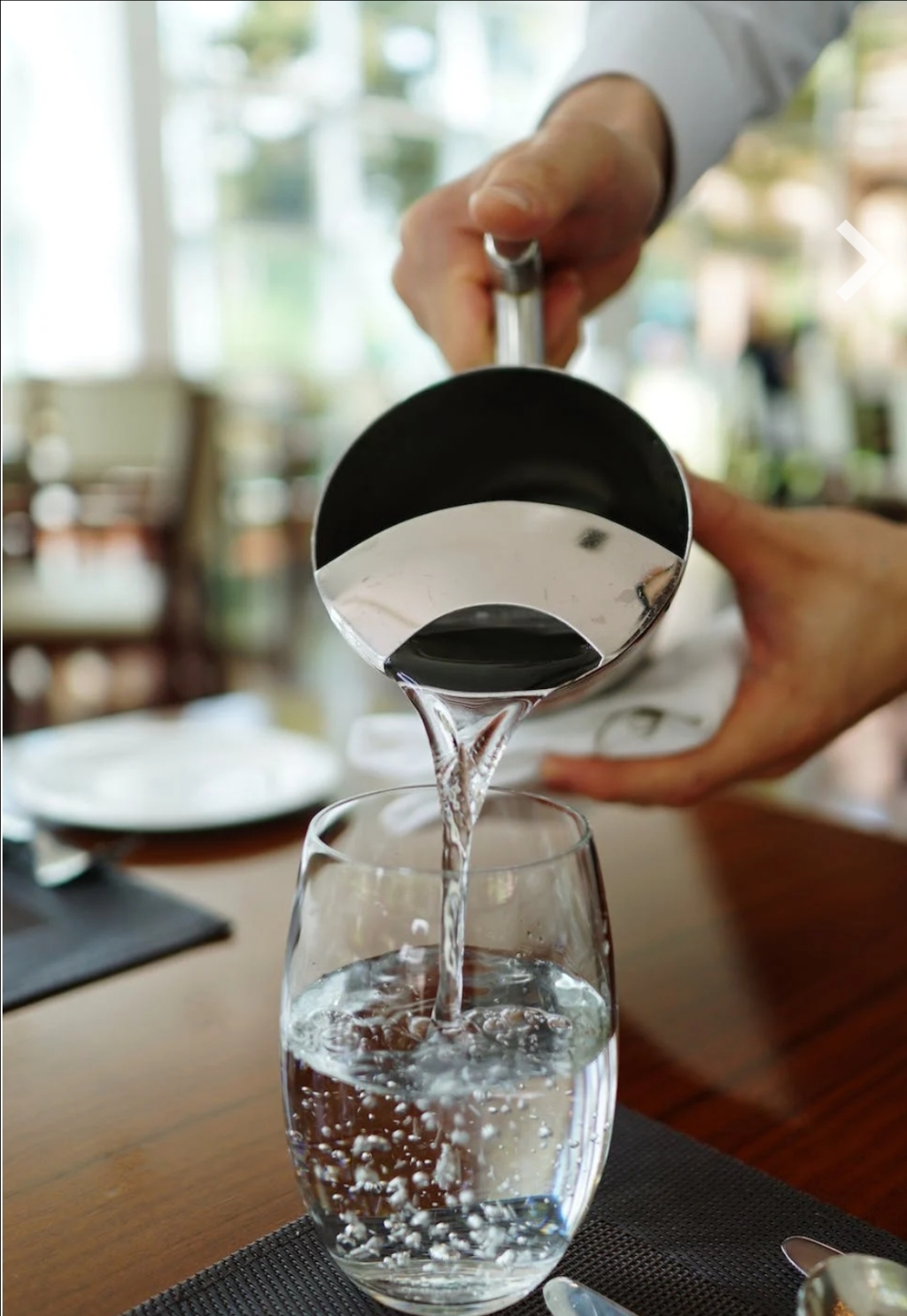Water, the elixir of life, is essential for our survival. However, in the hustle and bustle of urban life in major Indian cities, ensuring access to clean and safe drinking water has become a pressing concern. From Chennai to Delhi, Mumbai to Kolkata, and Bangalore, the quality of water sources is under scrutiny. In this comprehensive guide, we’ll dive into the importance of water quality, examine the current situation in major Indian cities, and equip you with practical methods for testing water quality at home.
The Importance of Water Quality:
Water quality directly impacts human health. Contaminated water can lead to a plethora of health issues, ranging from gastrointestinal problems to severe waterborne diseases. According to the World Health Organization (WHO), millions of deaths occur annually worldwide due to unsafe water and poor sanitation. Therefore, ensuring access to clean and safe drinking water is crucial for preventing waterborne diseases and promoting public health.
Deteriorating Water Quality in Major Indian Cities
1. Chennai: The ‘Detroit of India’ is grappling with water quality issues due to rapid urbanization and industrial growth. The Tamil Nadu Pollution Control Board (TNPCB) reports contamination of water bodies in and around Chennai, posing risks to public health.
2. Delhi: The national capital faces challenges in maintaining water quality amidst industrial pollution and untreated sewage. The Delhi Jal Board reports high levels of pollutants such as arsenic, lead, and bacteria in water samples from various areas.
3. Mumbai: India’s financial capital struggles with water quality issues, as indicated by studies conducted by the Brihanmumbai Municipal Corporation (BMC). Contaminants such as coliform bacteria and heavy metals have been found in water samples collected from different parts of the city.
4. Kolkata: The City of Joy also grapples with water quality issues, particularly in areas with inadequate sanitation infrastructure. The Kolkata Municipal Corporation (KMC) has reported high levels of pollutants in water samples from various parts of the city.
5. Bangalore: Rapid urbanization and industrial growth have led to groundwater contamination and elevated levels of contaminants such as fluoride and nitrates in Bangalore. The Bangalore Water Supply and Sewerage Board (BWSSB) highlights the need for addressing water quality concerns in the city.
Methods for Testing Home Water Quality:
1. Water Testing Kits:These kits are convenient and affordable options for testing home water quality. They typically include tests for pH levels, chlorine, lead, bacteria, and other contaminants. Conducting tests at home is easy, with step-by-step instructions provided in the kit.
2. Laboratory Testing: For comprehensive analysis, individuals can opt for laboratory testing services offered by certified facilities. Collect a water sample from your home and send it to the laboratory for detailed analysis. This method provides accurate results and insights into water quality.
3. Online Water Testing Services: Some online platforms offer water testing services, allowing individuals to order testing kits online, collect samples at home, and send them for analysis. This option combines convenience with reliability, as users can receive results from accredited laboratories.
Safeguarding the quality of our home water supply is paramount for our health and well-being, especially in major Indian cities facing water quality challenges. By utilizing methods such as water testing kits, laboratory testing, and online testing services, we can take proactive measures to monitor and improve water quality. Let’s stay informed and proactive in addressing water quality concerns to ensure access to clean and safe drinking water for all.
/ Sustainr

Leave a comment